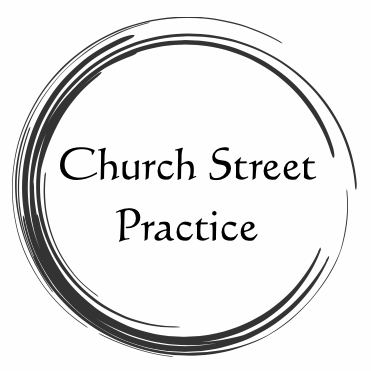The Stress Factor
Our modern daily life’s can feel too busy, we find it harder and harder to ‘switch off’ from work and other commitments. It is increasingly difficult to resist the temptation to reply to that work email, or take that important phone call, regardless of the fact that it is Friday evening, and you have plans. These daily pressures add to our levels of stress and that can affect our coping abilities.
The word stress is derived from Latin and translates as ‘being drawn tight’. Previously used as a term in physics, the word was first used as a medical term by Hans Selye. His general adaptation syndrome, (GAS) theory on stress (1956) is considered as the foundation of stress theory.
Every human individual experiences stress, it is a vital response of our automatic nervous system to external and environmental factors. We often refer to stress in a negative manner, but our fight or flight reactions to stress are necessary for survival. Without these we wouldn’t be able to recognise and react to harmful situations or perform to the highest of our abilities.
Think about how your body reacts when under pressure, eg: delivering a presentation or meeting a deadline. Stress drives your performance in these circumstances. However, many of us experience this level of stress continuously and our body is unable to regulate itself. A build up of everyday small instances of stress or experiencing a life changing event can lead our bodies out of homeostasis and can cause physical and emotional ill health. This can lead to far reaching and long-term health problems.
Over recent years focus has moved towards a holistic approach to combating stress and its symptoms. By acknowledging our environment and how we use it in our daily life’s can alter the way we respond to stress.
Being out in nature and having a healthy approach to physical activity and a balanced diet can reduce stress levels and improve overall health.
Whether it is breathing techniques, mindfulness and meditation. Or taking the plunge with cold water swimming, stretching those limbs by practicing yoga or Pilates. However, you see self care, by practicing a little, you will see positive results. Remember, self care itself shouldn’t feel overwhelming or another thing to fit into our routines, even just taking one element that you enjoy and allowing room for it will boost your well being.
Why reflexology?
Reflexology is a deeply relaxing technique that can help reduce levels of stress. By gently working the nervous system, adrenals and vagus nerve it is possible to bring balance to the fight or flight response. Think about all those nerves pulsating up and down the spinal cord and via the vagus nerve transmitting information between the brain and the rest of the body. Reflexology helps to calm these nerves into a state of rest and digest. Reflexology aids better sleep and well-being.
At Church Street we offer a specialist reflexology treatment called NEPIP (working the nervous, endocrine, immune and limbic systems) that treats stress and anxiety.
Find out more about Tracey Garner, our new Reflexologist, Here
